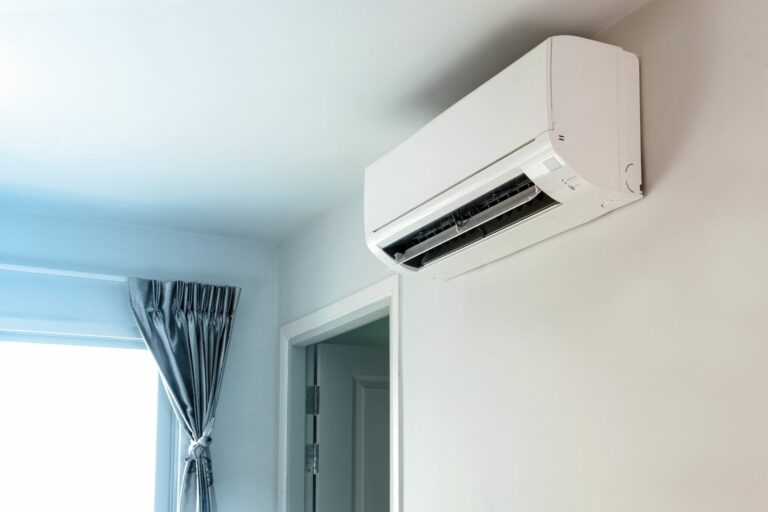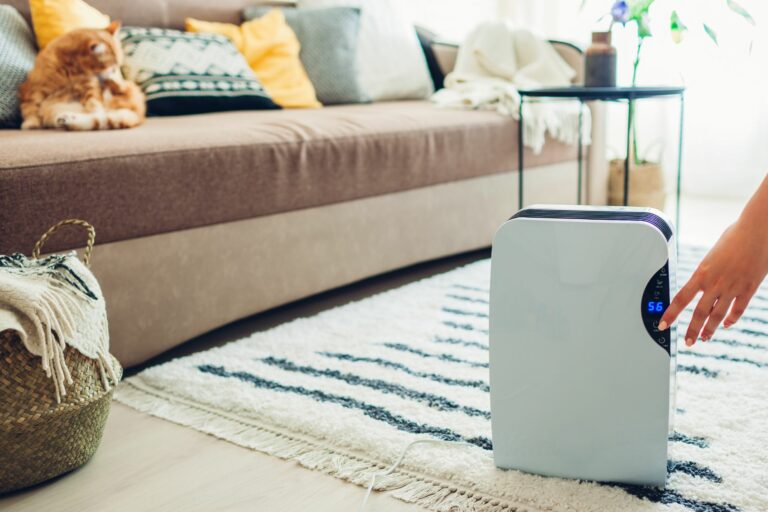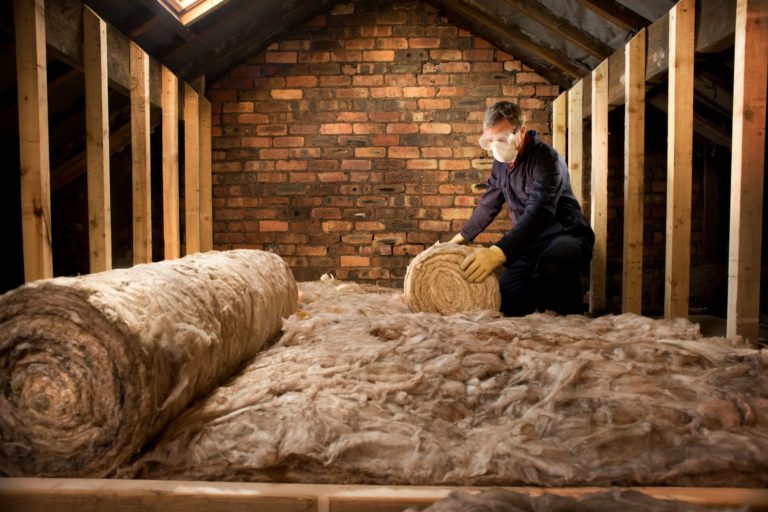
How Insulation & Ventilation Work Together
Why should both insulation and ventilation be priorities for your home?
There are three major areas of your home which should be insulated: ceilings, walls, and floors. These areas all play a significant role in keeping your home warm, dry and energy efficient. Because heat rises, ceilings are obviously considered the most important area to ensure insulation is up to standard.
Over one third of a home’s heat can be lost through an uninsulated ceiling, around 40%. This is a significant amount of heat loss which can easily be prevented through effective insulation. If you are working on improving your home’s insulation or adding insulation for the first time, the ceiling is the most efficient place to start. The results of properly installed ceiling insulation are twofold. Firstly, it creates a barrier to prevent heat from rising out of your home when it is cold outside. Secondly, it also blocks heat from the sun entering your home during in the warmer months. This means your home can stay closer to the temperature you need, saving you money on expensive heating and cooling.
There are several types of insulation that you can use in your ceiling. The two most popular are glasswool and polyester. Both materials share characteristics including being energy efficient, non-toxic, vermin resistant and non-allergenic. These are great choices for your ceiling as they are both self-supporting with premium longevity.
Fibreglass insulation is the most popular choice for insulation in New Zealand due to the relatively low cost. Our choice of glasswool insulation is Earthwool due to its superior quality and sustainability. In short, it is non-combustible, recyclable and bio-soluble.
Polyester insulation is the preferred choice for those who want superior noise-cancelling and noise absorption. Polyester has many of the same benefits of fibreglass, but it is thicker and does not contain any breathable fibres.
The effectiveness of insulation products is measured by an R-value. There are different minimum R-value requirements depending on where you are in the country. In the central plateau, the minimum R-value required for insulation is R 3.3. Ensure that your insulation meets the minimum requirements before installation. At Bay Energy, we use products from Mammoth and Knauf Insulation which have several ceiling blanket insulation options higher than the recommended R-value.
If you are unsure whether your home has adequate ceiling insulation – it is important to talk to the experts. Insulation is an investment in the health and energy efficiency of your home, so expert guidance can help you to make the right decisions. We offer free home assessments, which involve a member of our team visiting your home to assess your insulation and give you qualified advice. With in-depth knowledge of regulations, product effectiveness and cost – our professional team can help find the best solution for you. Get in touch with us today to book your free home assessment.





23 Hamiora Place
Ngapuna
Rotorua 3010
We strive to make New Zealand homes more energy efficient, keeping Kiwis warm and healthy while also protecting the environment. We provide the best energy efficient solutions, that are designed just for your home and fit perfectly into your budget. With years of experience in the field, our team of experts can study and assess your property to find the perfect solution for your home.